Diane S Wrigley – Mastering Physical Assessment Skills
$219.00 Original price was: $219.00.$61.75Current price is: $61.75.
Available for Pre-Order. This product will be available within a few days.
Diane S Wrigley – Mastering Physical Assessment Skills
Description:
- Strategies to detect and identify abnormal heart and lung sounds
- Case Studies and audio playback to enhance learning
- Crackles, wheezes, rubs, gallops, clicks and snaps
- Full discussion and how this leads to proper differential diagnoses
- Characteristics and causes of heart murmurs
- Complete 6-part neuro exam made simple – exam will be demonstrated
- Discussion and work-up for mental status changes
Attend this seminar and learn to identify the different variants in the cardiac, respiratory and neurological assessments. National speaker and expert, Diane Wrigley, BS, PA-C, has developed a CD that accurately plays both abnormal and normal heart and lung sounds. Diane will teach you the origin and significance of these sounds utilizing the auditory portion of the CD. Differential diagnoses are considered and a systematic six-part neurological assessment is reviewed and demonstrated for you.
Case studies will be presented for discussion to help reinforce the physical assessment skills and listening techniques. Diane will also illustrate the proper methods to document your assessments and findings. You will feel confident leaving this seminar with information you can utilize for your future patient assessments.
Past attendees applaud Diane Wrigley and this seminar:
“The incorporation of real-life heart and lung sounds make this presentation come alive.”
“I would love to attend another seminar by this presenter! I liked the clinical assessment situations and the step by step helpful hints provided!”
Would you like to receive Diane S Wrigley – Mastering Physical Assessment Skills ?
OUTLINE
Respiratory Exam
Abnormal Lung Sounds
-
- Pneumonia
- Atelectasis
- URI
- Bronchial Breathing
- Bronchophony
- Egophony
- Whispered Petroliloquy
- Death Rattle
- Absent Breath Sounds
- Pneumothorax
- Hemothorax
- Crackles
- Rhonchi
- Stridor
- Wheezes
- Asthma
- COPD
- Emphysema
- Pleural Friction Rub
Strategies for Detection
- Chronic Bronchitis
- Pneumonia
- Emphysema
- Acute Asthma
- Croup
NEUROLOGICAL EXAM
Mental Status
- Mnemonic to Cover All Bases
- Stroke
- Overdose
- Infection
- Toxic states
- Mental illness
Cranial Nerves
- Techniques to Cover I-XII Quickly and Completely
- Motor
- Evaluate Strength and Symmetry
Sensory
- Quick Field/Bedside Assessment
Coordination
- Simple Test to Assess
Reflexes
- Systematic Approach/Technique
Head Injury Evaluation
- Glasgow Coma Scale
Abnormalities of Consciousness
Clinical Clues
- Delirium
- Stupor
- Coma
Altered Mental Status
- Confusion Assessment Method (CAM)
CARDIAC EXAM
Auscultation Sites, Sequencing and Skills
- S2 split
- S3
- S4
- Gallop
- Opening Snap
- Mitral and Tricuspid Valves
- Clicks
- Mitral Valve Prolapse
- Systolic Ejection Sounds
- Hyperdynamic State
Murmurs
- Intensity (Grade I – VI)
- Location
- Radiation
- Pitch
- Quality
- Timing
- Pattern or Configuration
- Functional vs. Pathologic Murmur
Strategies for Detection of Abnormal Cardiac Sounds
- Innocent Systolic Ejection Murmur
- Mitral Valve Prolapse
- Aortic Stenosis
- Systolic Regurgitation
- Mitral Regurgitation
- Tricuspid Regurgitation
Diastolic Murmurs
- Aortic Regurgitation
- Aortic Stenosis
- Mitral Stenosis
- Patient Ductus Arteriosis
Prosthetic Heart Sounds
- Pericardial Rubs
- Mediastinal Crunch
OBJECTIVES
- Identify where and why vesicular, bronchovesicular and bronchial sounds can be normal or abnormal and the significance of the abnormalities.
- Interpret pathophysiology and differential diagnoses for crackles, wheezes, rhonchi and rubs.
- Discuss management of obstructive vs. restrictive lung disease.
- Explain and demonstrate a thorough 6-part neurological exam and document findings.
- List primary causes of mental status changes and identify which patients are at risk for delirium and how to respond.
- Distinguish whether abnormal S1 and S2 heart sounds are pathological or benign.
- Define whether systolic and diastolic murmurs are benign or indicate cardiac disease.
Be the first to review “Diane S Wrigley – Mastering Physical Assessment Skills” Cancel reply
Related products
Health & Medical
Health & Medical
N. Bradley Keele – Psychopharmacology Update – Medications, the Brain, and Behavior
Health & Medical
Malka Stromer – Point of Care Ultrasound Course – Diagnose the Critical Issues Faster!
Health & Medical
Kate Freeman – Heart Of Releasing – Healthy Body, Beautiful Being
Health & Medical
Peter H Addy – Psychedelics, Hallucinogens and Entheogens – What Clinicians Need to Know


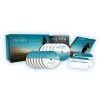
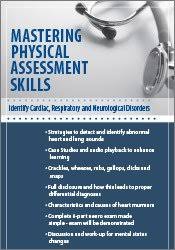



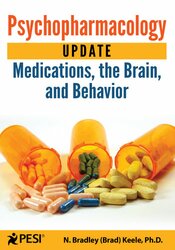
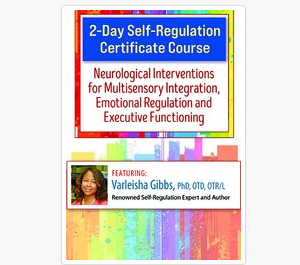
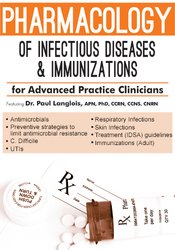
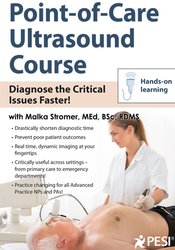

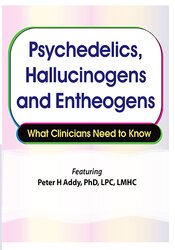
Reviews
There are no reviews yet.